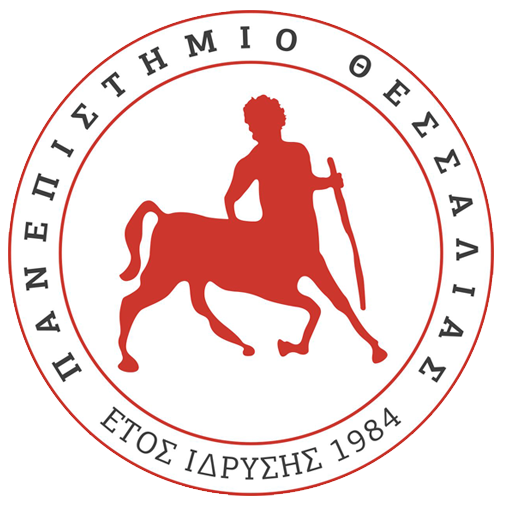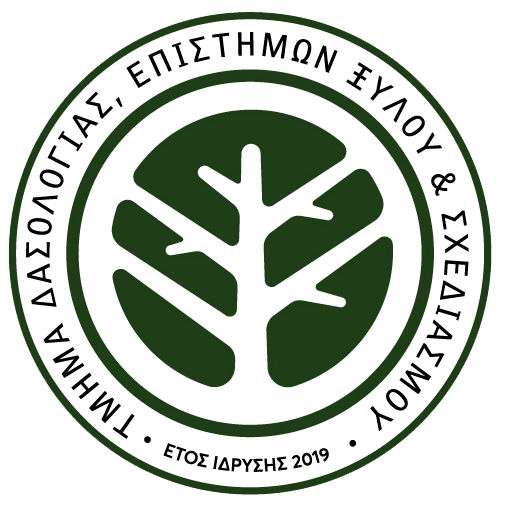Hasanagas N.D., Birtsas P.K., Sokos C.K.
Abstract
A code of ethics does not only aim at minimizing conflicts or at assuring sustainability but it may also contribute to the building of identity of an organized group. A code can be composed of state law (“demanded”), of customs (“expected”) and of rules which are dictated by ethos (“admirable”). The higher the percentage of the “expected” and “admirable”, the more this group seems to have developed a special culture and identity. Issues of transformational leadership and sustainable group identity are critically discussed. The code of hunters’ ethics which is based on recommendation R 85-17 of the Council of Ministers of the EU is composed of: 29% “demanded”, 48% “expected”, 23% “admirable”. Thus, 71% of the code can support the building of identity. Not only quantitative but also qualitative factors are important for the building of identity. Limitations of this analysis, questions for future research and possible improvements of the code are suggested, e.g. strengthening of the ecocentric character for improving the reputation of hunting organizations, inclusion of rules concerning the relations between hunters, and more elaborated rules about the relations of the hunters with other nature users.
Key words: code of ethics, state law, identity, custom, ethos



